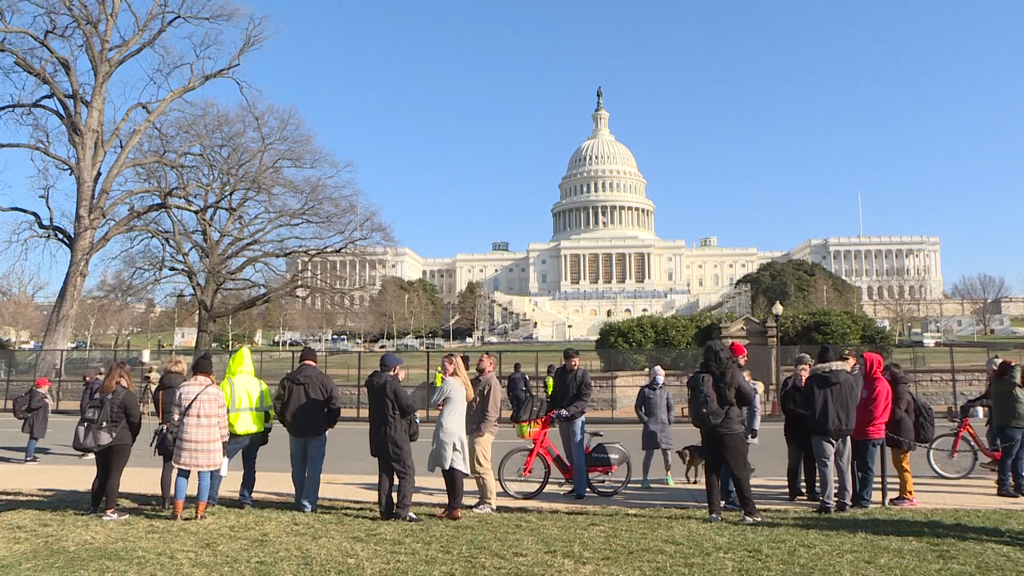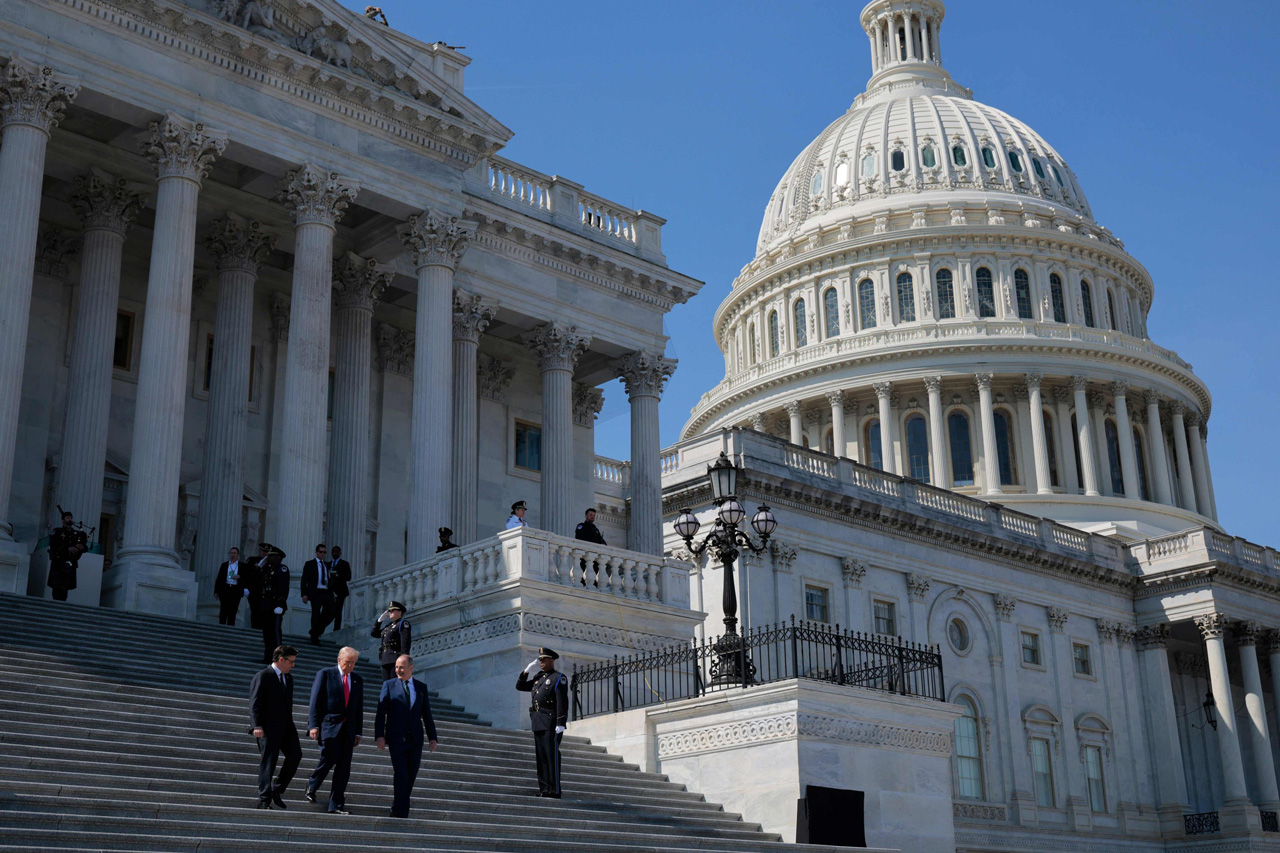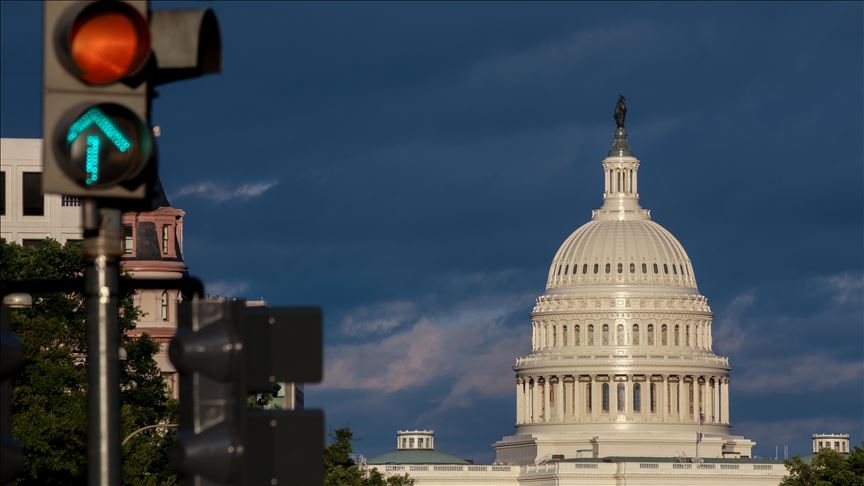Over the next year the fundamental debate in Turkey will relate to the following questions: Where is the Justice and Development Party (AK Party) taking the country? And what if anything, can be done to stop it?
The nation will concentrate on the transformation of Turkey's political system and the shortcomings of its democracy with an eye on the 2015 parliamentary elections, the struggle against the Gülenist parallel structure and the Kurdish reconciliation process. The fact that certain columnists who simply appear to find it impossible to stop asking the aforementioned questions have already announced that the election will not solve anything represents a terrible situation. Obviously, simply being anti-Recep Tayyip Erdoğan cannot account for the toxic blend of anger and disempowerment that those who expect so-called social explosions, such as the Gezi Park protests and the Oct. 6-7 clashes, in the new year.
What lies beneath their anger is the deep frustration with the AK Party's ability to transform the country despite fierce opposition at home and abroad. The present situation is quite simple. Having liberated the political arena from military and Gülenist tutelage of the regime, the government opted to transform the nation without the self-proclaimed guidance of European capitals and old liberals, which is why from 2011 onward certain groups have tirelessly accused the ruling party of taking an authoritarian turn and pursuing an Islamist agenda. At this point, three forms of criticism represent the common ground between various opposition groups: An authoritarian style of government, anti-Western rhetoric and a commitment to Islamism. In recent months some went even further to suggest that AK Party elites have turned from conservative democrats into radical Islamists and therefore view Turkey as part of "Dar al-Harb," or the abode of war. To be perfectly honest, such pundits seem completely unaware of the mainstream Islamic movement's lack of interest in the Dar al-Harb debate as well as the AK Party leadership's confrontation with the idea of an Islamic state. Nor do they appear to understand how the use of political power, in good ways and bad, transformed former Islamists.
We find a more sophisticated criticism of Islamism in one of Joost Lagendijk's recent articles where he argues that the AK Party has turned from post-Islamism to soft Islamism, which borrows from Shadi Hamid's 2014 book, "Temptations of Power." According to Hamid, the Muslim Brotherhood's experience with political power demonstrates that including Islamist politicians in the democratic process does not necessarily make them more moderate. Instead, he believes that Islamists, who he claims commit to democracy and make less frequent references to Islamic law for fear of retaliation, tend to part ways with «strategic moderation» and turn to narrow perspectives of the past. Applying Hamid's reasoning to the AK Party, Lagendijk reaches the same conclusions: No longer feeling under pressure, he argues, Turkey's ruling party has «returned from [its] new post-Islamist agenda to a more old-fashioned Islamist position.» In his concluding remarks, however, Lagendijk proved more compassionate than other columnists with the Gülen Movement's media outlets. The turn, he suggests, «does not mean Islamic law will be introduced.» Instead, what takes place is «a kind of going back halfway» toward soft Islamization.
Observers who like to associate the AK Party with old-fashioned or soft Islamism, however, seem to miss a number of important points. First and foremost, the demands of the Islamic movement in Turkey relate to the headscarf issue and religious education, and therefore, have reached their natural limits. Furthermore, it is important to note that Turkey's own brand of Islamism, whose intellectual universe is defined by a multi-layered civilization discourse, depends on domestic synthesis that significantly differs from similar movements elsewhere in terms of i








